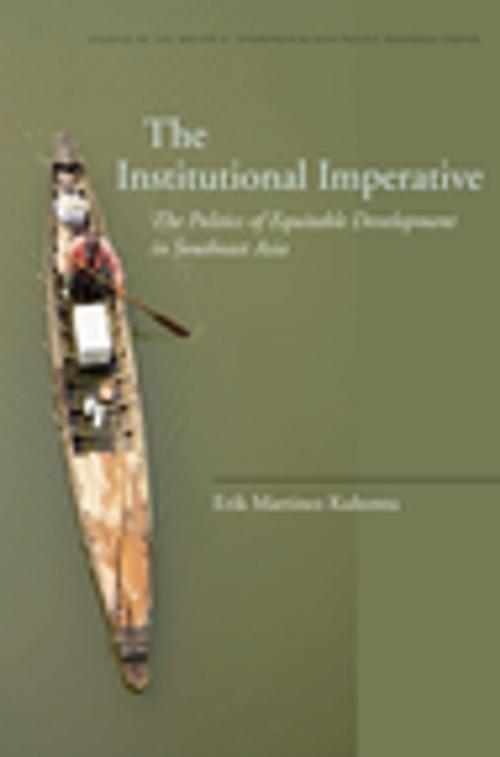The Institutional Imperative
The Politics of Equitable Development in Southeast Asia
Nonfiction, Social & Cultural Studies, Political Science, International, Foreign Legal Systems| Author: | Erik Kuhonta | ISBN: | 9780804781794 |
| Publisher: | Stanford University Press | Publication: | August 18, 2011 |
| Imprint: | Stanford University Press | Language: | English |
| Author: | Erik Kuhonta |
| ISBN: | 9780804781794 |
| Publisher: | Stanford University Press |
| Publication: | August 18, 2011 |
| Imprint: | Stanford University Press |
| Language: | English |
Why do some countries in the developing world achieve growth with equity, while others do not? If democracy is the supposed panacea for the developing world, why have Southeast Asian democracies had such uneven results? In exploring these questions, political scientist Erik Martinez Kuhonta argues that the realization of equitable development hinges heavily on strong institutions, particularly institutionalized political parties and cohesive interventionist states, and on moderate policy and ideology. The Institutional Imperative is framed as a structured and focused comparative-historical analysis of the politics of inequality in Malaysia and Thailand, but also includes comparisons with the Philippines and Vietnam. It shows how Malaysia and Vietnam have had the requisite institutional capacity and power to advance equitable development, while Thailand and the Philippines, because of weaker institutions, have not achieved the same levels of success. At its core, the book makes a forceful claim for the need for institutional power and institutional capacity to alleviate structural inequalities.
Why do some countries in the developing world achieve growth with equity, while others do not? If democracy is the supposed panacea for the developing world, why have Southeast Asian democracies had such uneven results? In exploring these questions, political scientist Erik Martinez Kuhonta argues that the realization of equitable development hinges heavily on strong institutions, particularly institutionalized political parties and cohesive interventionist states, and on moderate policy and ideology. The Institutional Imperative is framed as a structured and focused comparative-historical analysis of the politics of inequality in Malaysia and Thailand, but also includes comparisons with the Philippines and Vietnam. It shows how Malaysia and Vietnam have had the requisite institutional capacity and power to advance equitable development, while Thailand and the Philippines, because of weaker institutions, have not achieved the same levels of success. At its core, the book makes a forceful claim for the need for institutional power and institutional capacity to alleviate structural inequalities.















